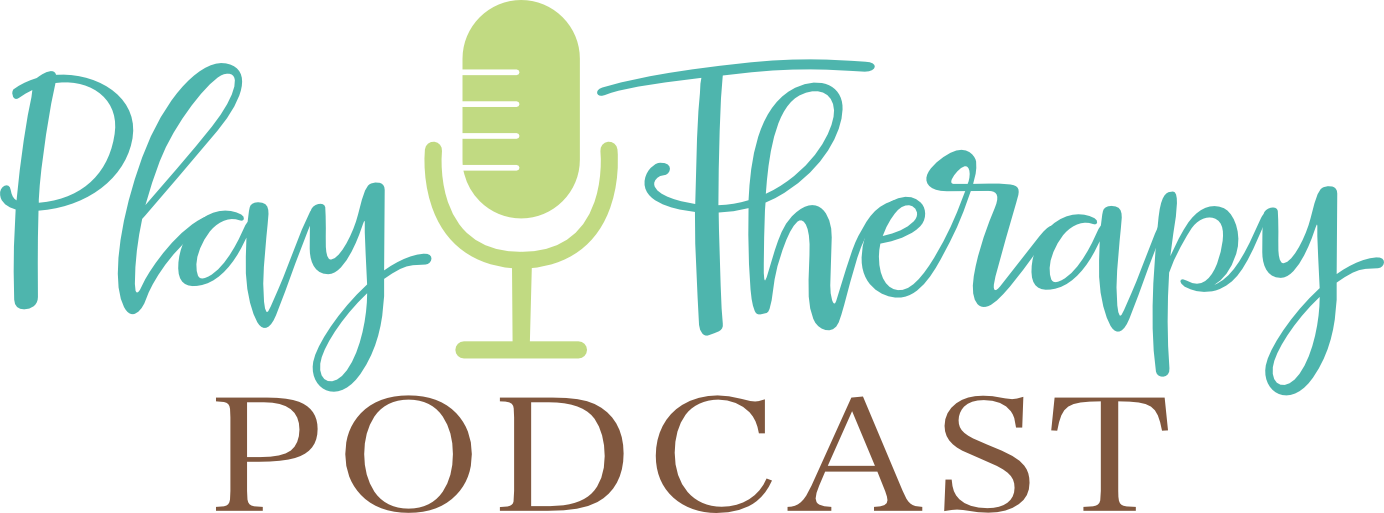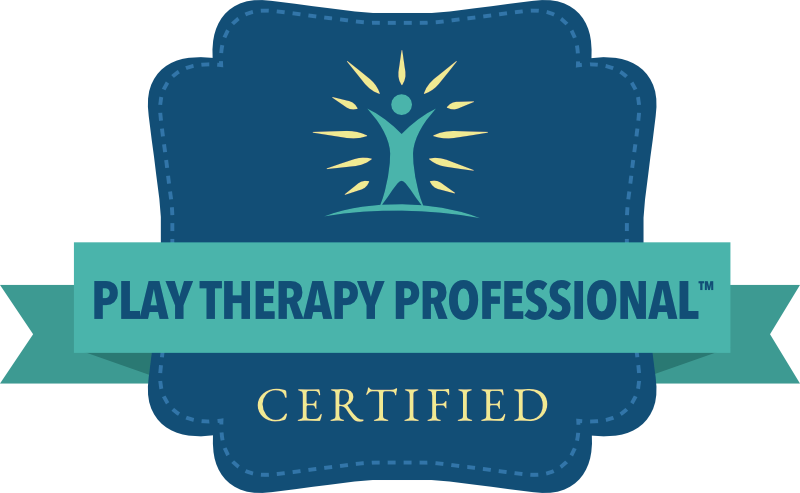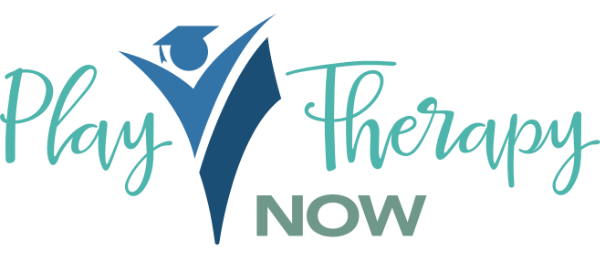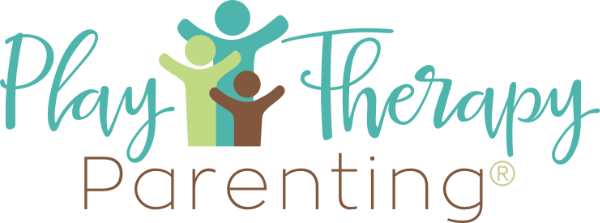168 | Mastering Nuances of Reflective Responding in Child-Centered Play Therapy
In today’s episode, I dive into the importance of being attuned and mindful in our play therapy sessions. Today I’m reading from the book A practical handbook for building the play therapy relationship. by Giordano, Landreth and Jones, I discuss how subtle things we do as therapists can inadvertently make a child feel that something is wrong.
From the way we reflect content to the tone and expressions we use, every interaction matters. It’s crucial that we align our responses with the child’s play and emotions. When we effectively mirror their feelings and validate their experiences, we help them gain a better understanding of themselves.
While we may be using child-centered skills, subtle nuances in delivery can have unintended negative effects. I encourage you to be mindful of your reflections, tone, and expressions in your play therapy sessions. By being genuinely attuned, you create the opportunity for the child to benefit from child-centered play therapy.
Episode Reference:
Giordano, M., Landreth, G., & Jones, L. (2005). A practical handbook for building the play therapy relationship. Jason Aronson.
Sign up for my exclusive newsletter at playtherapynow.com. Stay ahead with the latest CCPT CEU courses, personalized coaching opportunities and other opportunities you need to thrive in your CCPT practice!
Ask Me Questions: Call (813) 812-5525, or email: [email protected]
Brenna’s CCPT Hub: https://www.playtherapynow.com
CCPT Collective (online community exclusively for CCPTs): https://www.ccptcollective.com
Podcast HQ: https://www.playtherapypodcast.com
APT Approved Play Therapy CE courses: https://childcenteredtraining.com
Twitter: @thekidcounselor https://twitter.com/thekidcounselor
Facebook: https://facebook.com/playtherapypodcast
Avoiding Pitfalls: How Subtle Missteps Can Undermine Play Therapy
As child-centered play therapists, we strive to create a safe, supportive environment for children to explore their emotions and experiences. However, even with the best intentions, we may inadvertently send the wrong message through subtle missteps in our interactions. Lets explore how these unintended messages can impact the play therapy process and what we can do to avoid them.
The Power of Reflection
One of the key skills of child-centered play therapy is the use of reflective responses. When a child communicates with us, we have three options: reflection of content, tracking behavior, or reflection of feeling. However, it’s not just what we say, but how we say it that matters.
Ineffective Reflection of Content
In the book “A practical handbook for building the play therapy relationship” by Giordano, Landreth, and Jones, the authors provide an example of ineffective reflection of content. If a child says they are going to poison bobo’s orange juice to kill them while putting sand in a cup, and the therapist only reflects back, “You decided to put sand in the plastic cup,” it misses the significance of the child’s verbal content. By not acknowledging the key part of their statement, we risk making the child feel that something is wrong about their metaphorical play.
The Impact of Tone and Expression
Our tone of voice and facial expressions play a crucial role in how our reflections are perceived by the child. Using a high-pitched voice while the child is flat can inadvertantly communicate the child did something wrong, while a monotone voice could convey disinterest. Appropriately matching both the child’s feeling and their affect is the key. However, it’s always essential that we allow our genuine personality to shine through in our interactions.
Matching the Child’s Emotion
When a child is not excited, but we respond with an overly excited voice, it can lead the child to distrust their own reaction. Our tone should match the emotion the child is displaying. For example, if a child is quietly and solemnly burying people in the sand, our response should mirror that tone, rather than using a happy or excited voice.
The Importance of Attunement
By reflecting children’s feelings with an appropriate, attuned tone and validating their experience, we help them better understand themselves. Incongruence between our words and tone can make the child feel something is off. While we may be using child-centered skills, subtle nuances in delivery can have unintended negative effects.
As child-centered play therapists, it’s crucial that we remain mindful of our reflections, tone, and expressions in our sessions. By being genuinely attuned and aligning our responses with the child’s play and emotions, we create a safe space for them to explore and grow. Remember, every interaction matters, and by avoiding these subtle missteps, we can strengthen the therapeutic relationship and support the child’s healing process.








